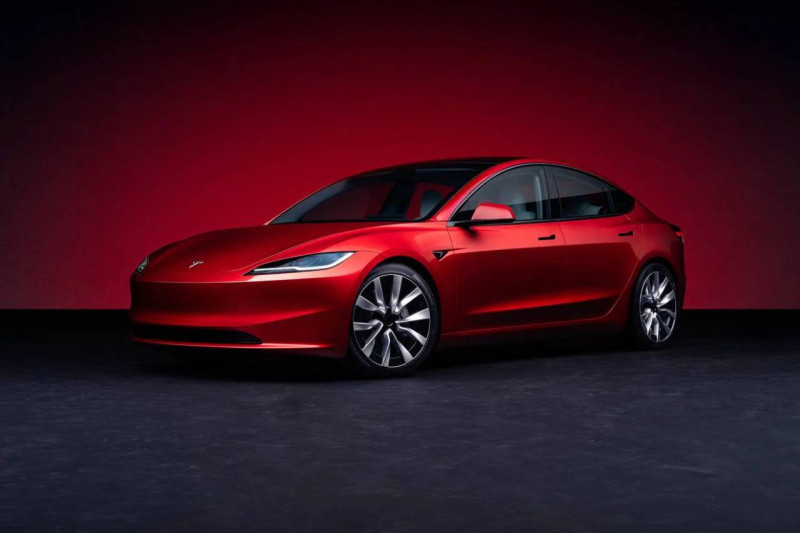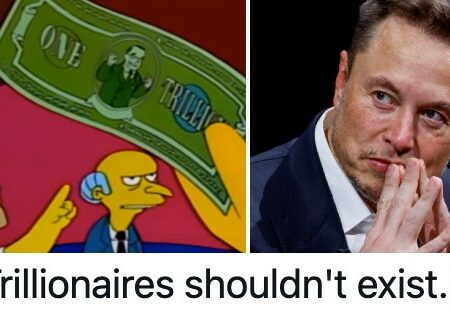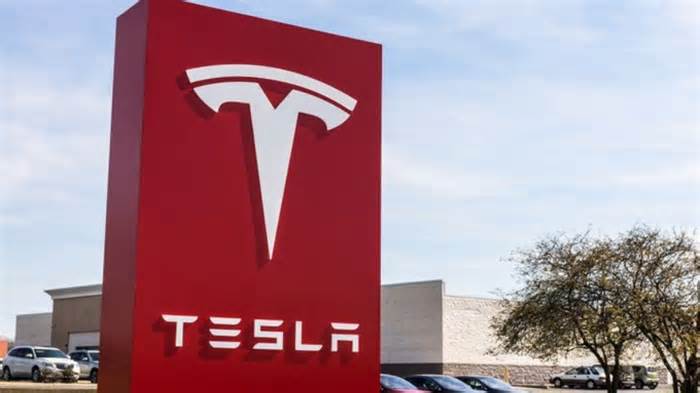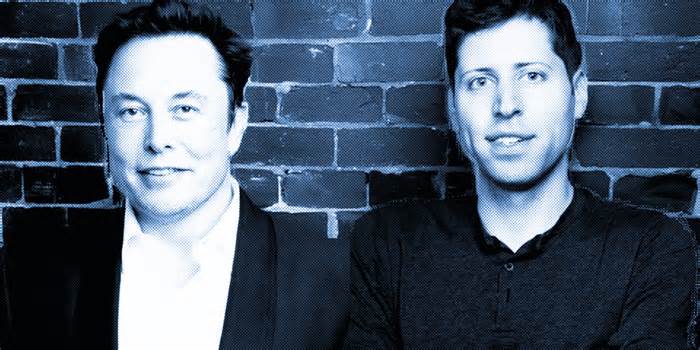
We tried Elon Musk’s Wikipedia clone. It’s as racist as you’d expect
- by WAtoday
- Nov 07, 2025
- 0 Comments
- 0 Likes Flag 0 Of 5

November 8, 2025 — 2.00am
Save Dylan Coker
One of the most disturbing entries is Grokipedia legitimising “white genocide theory”, the racist conspiracy that mass immigration represents a deliberate effort to erase white people in Western nations. The entry discusses “empirical underpinnings” of this debunked theory and claims discussions are suppressed by media and institutions with “ideological biases supporting multiculturalism”. This is a core obsession for Musk himself, who consistently fixates on “white genocide” in South Africa.
For Richard Evans, the eminent Cambridge historian and Holocaust scholar, Grokipedia’s failures were personal. Testing his own entry, he discovered it was entirely fabricated: he never studied under Theodore Zeldin; he never succeeded David Cannadine as Regius Professor; and he never supervised theses on Bismarck’s social policy. All claims were false.
“Chatroom contributions are given equal status with serious academic work,” Evans told The Guardian. “AI just hoovers up everything.” The entry on Albert Speer, Hitler’s architect, repeated lies long debunked by award-winning scholarship. On Eric Hobsbawm, the Marxist historian whose biography Evans wrote, Grokipedia invents military service and marriage details.
David Larsson Heidenblad, deputy director of Sweden’s Lund Centre for the History of Knowledge, identifies the core issue as a clash of knowledge cultures. “The Silicon Valley mindset is very iterative where making mistakes is a feature, not a bug,” he says. “By contrast, the academic world is about building trust over time and scholarship over long periods. Those are real knowledge processes.”
Loading
Wikipedia, for all its acknowledged imperfections and volunteer biases, operates transparently. Every edit is logged, every change reversible, every dispute visible. Its 25-year-old community has developed sophisticated methods for verifying sources and adjudicating conflicts, processes that cost about $US175 million a year, a fraction of the tens of billions tech giants are pouring into AI.
Wikipedia is fundamentally an act of democratic faith: thousands of strangers believing that truth can emerge from disagreement, that evidence matters more than authority and that knowledge serves everyone better when it’s collectively stewarded. Grokipedia represents a different faith entirely, one in the perfectibility of truth through algorithmic curation by a single individual. Facebook in January removed its independent fact-checkers and Silicon Valley by and large seems no longer interested in the truth.
Even Grok itself is sceptical. When I asked the chatbot whether Grokipedia was trustworthy, it replied that the platform resembles “a critique wearing encyclopedia clothing”. It’s a damning admission from the very AI powering the project.
What should concern us most about Grokipedia isn’t that Musk’s ideological imprint is visible: it’s that he’s shown how easy it is to do this at scale. Other billionaires and authoritarian regimes are watching. If knowledge itself becomes another asset to be owned, controlled and algorithmically curated according to someone’s worldview, the consequences extend far beyond one flawed encyclopedia.
Grokipedia was supposed to preserve human knowledge for future civilisations on Mars. Instead, it’s preserving Elon Musk’s racist conspiracy theories for anyone gullible enough to trust it. That’s not an encyclopedia. It’s a monument to one man’s delusion that his biases equal truth and our collective failure to stop him from building it.
The Market Recap newsletter is a wrap of the day’s trading. Get it each weekday afternoon.
Save
Please first to comment
Related Post
Stay Connected
Tweets by elonmuskTo get the latest tweets please make sure you are logged in on X on this browser.






 Energy
Energy


















